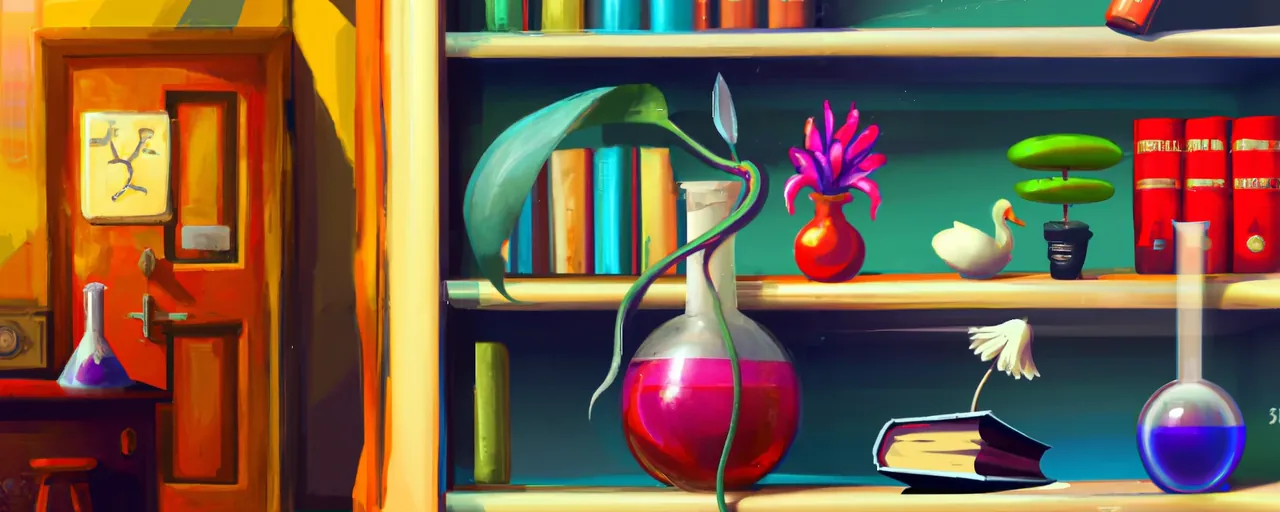1,7-Dihydroxynaphthalene is a gray powder that can be found naturally in Magnolia liliiflora. When used in cosmetics, it helps with hair dyeing. Another name for it is naphthalene-1,7-diol.
What is the purpose of 1,7-Naphthalenediol in personal care products?
It is used for its hair dyeing characteristics.
1,7-Naphthalenediol colors your hair.
Names and identifiers that we found for this substance include: 1,7-Naphthalenediol and 1,7-Dihydroxynaphthalene.
1,7-Naphthalenediol has hair dyeing characteristics.
Hair dyeing changes the color of hair, which may be temporary, semi-permanent, or permanent, depending on how long the colorant remains on the hair.
Temporary hair dyeing works by coating the hair shaft with color pigments that be washed out easily. These pigments are usually made of water-soluble dyes that do not penetrate the hair cuticle. Temporary hair dyes are often used for special occasions and are ideal for people who do not want to commit to a particular hair color long-term.
Semi-permanent hair dyeing is designed to penetrate the hair cuticle, depositing the color pigments into the hair's cortex. The pigments are smaller than those found in permanent hair dyes, allowing for a more natural-looking result. Semi-permanent hair dyes usually last for four to six weeks, depending on the type of hair dye and the hair's porosity.
Permanent hair dyeing contains a combination of ingredients that lift the hair cuticle, allowing the color pigments to penetrate deeply into the hair shaft. These ingredients include ammonia, which opens the hair cuticle, and an oxidative agent, which facilitates the coloring process. Permanent hair dyes can last a few months, depending on the hair's growth rate and the color used.
Types of Hair Dyeing Ingredients
Here are some of the most common types of hair dyeing ingredients:
Oxidative dyes: These dyes contain an oxidative agent, such as hydrogen peroxide or ammonia, which helps open up hair cuticles and insert the color molecules inside the hair shaft.
Direct dyes: These dyes do not require an oxidative agent to work and instead penetrate the hair shaft to deposit color. They are often used in semi-permanent or temporary hair dyes.
Vegetable dyes: These dyes are made from natural sources, such as henna, indigo, and beet juice, and are often used in hair dyes marketed as "natural" or "organic."
Metallic salts: These dyes use metallic salts, such as silver nitrate or lead acetate, to create a chemical reaction with the hair that changes color.
Developer: A developer is a solution used with oxidative hair dyes to activate the color molecules and help them penetrate the hair shaft. The strength of the developer can vary depending on the desired level of lift or intensity of color.
Remember, always read and follow the instructions provided on product labels carefully. If you have any questions or concerns about using a product containing various ingredients, consult with your doctor or healthcare provider before use.
